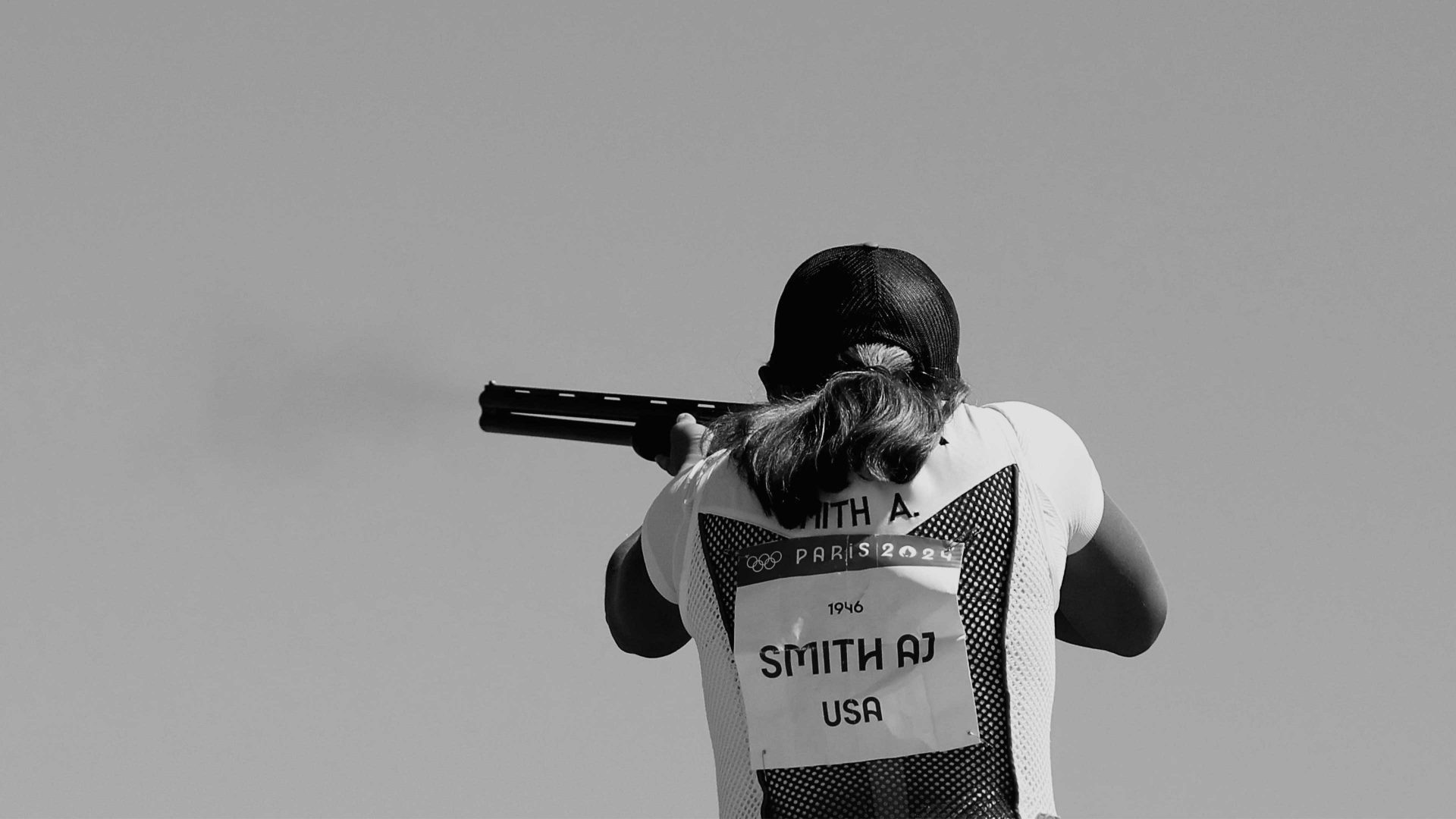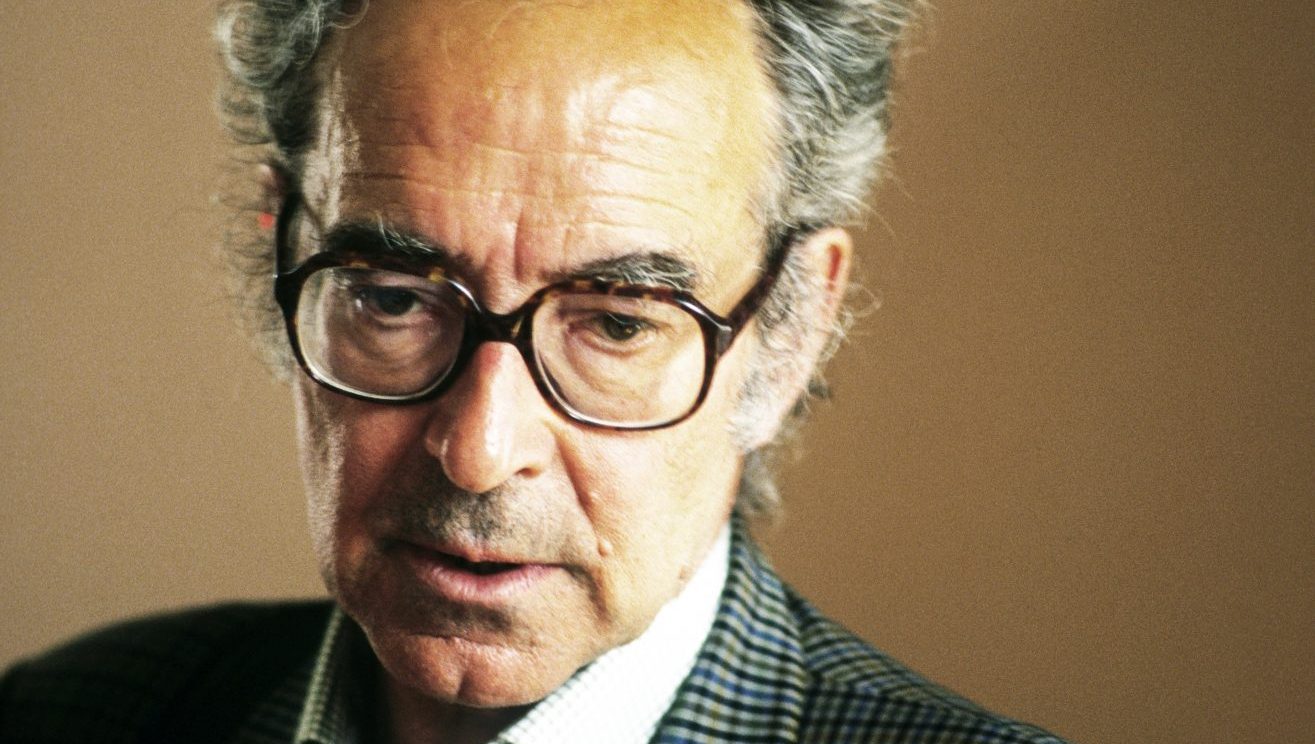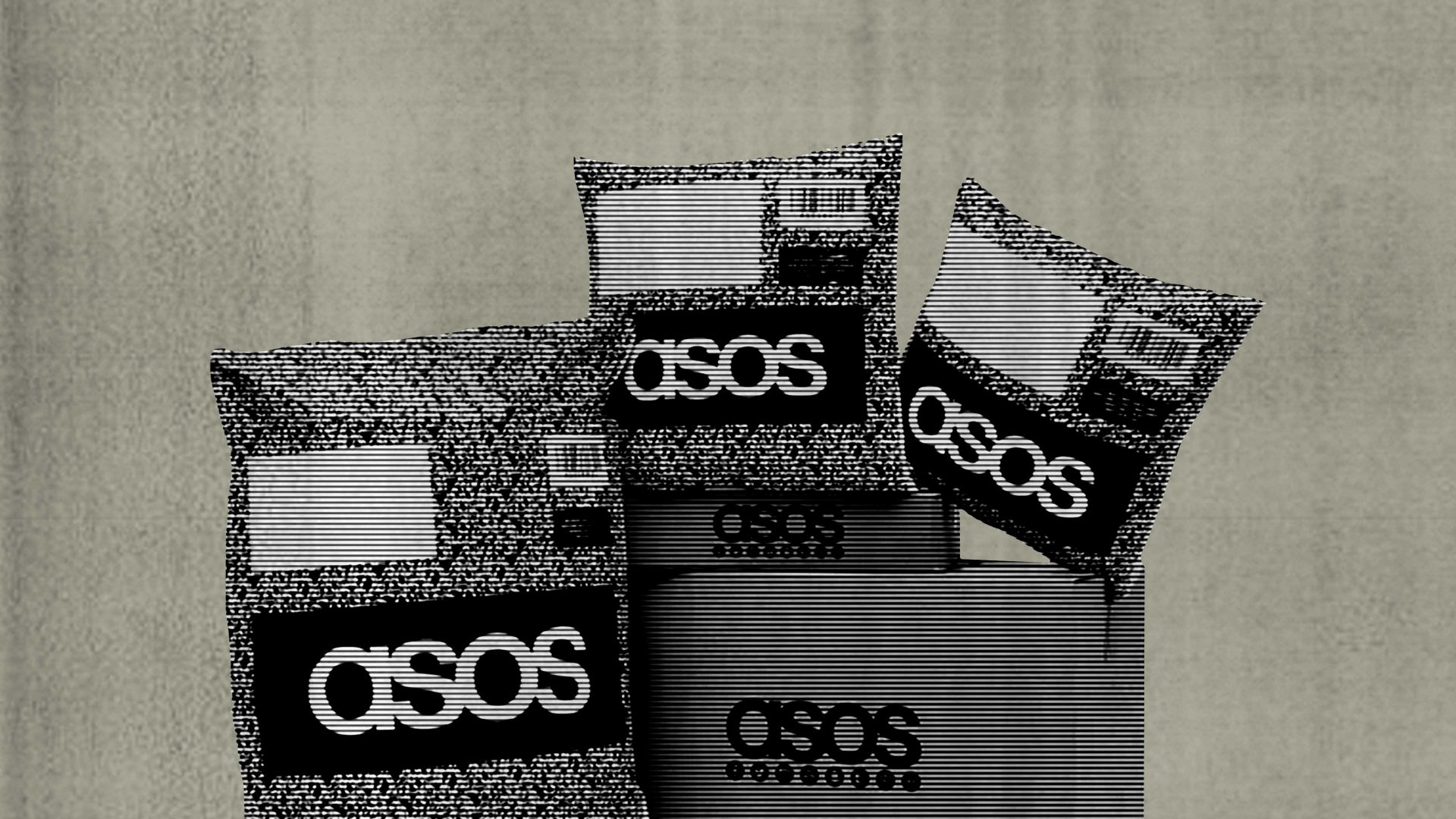At the recent Olympic Games in France, the men and women with guns who were taking part in the trap-shooting event were referred to by a number of commentators as athletes: “There are now only six athletes remaining at this stage of the trap competition.”
According to Wikipedia, trap-shooting is “one of the three major disciplines of competitive clay-pigeon shooting”, in which flying targets are released at speed from a spring trap for competitors to shoot at.
As someone who knows nothing about clay-pigeon shooting, except that it is disagreeably noisy, I could not help noticing on TV that, frankly, some of these competitors did not look even slightly athletic. Surely athletes are usually youthful, hyper-fit, strong men and women?
This illustrates one of those interesting differences in sporting language as used by North American as opposed to British Isles English speakers.
For most Irish and British people, athletes are people who participate in athletics, a term which normally refers to sports involving running, jumping and throwing, such as the 200 metres sprint, the long jump, the pole vault and the javelin.
Obviously, trap-shooting does not involve these kinds of physical activities, so using the word athlete to refer to these competitors must surely be the result of the influence of North American English.
This specifically American usage of athlete is recognised in the Oxford English Dictionary, where the definition states that “in English-speaking areas outside North America, athlete refers to ‘one who competes in track and field events’” – that is, not clay-pigeon shooters! Inside North America, the word clearly can refer to those who engage in sporting activities other than track and field, hence clay-pigeon-shooting “athletes”.
This is by no means the only example of a difference between American and British English when it comes to the language of sport or, as Americans would say, sports. (American newspapers typically have Sports pages, ours have Sport pages).
A recent Olympic Games headline in the New York Times read “The United States won its first gold of the 2024 Games”. On purely linguistic grounds, it is obvious that this headline did not appear in a British or Irish newspaper. On this side of the Atlantic, sport teams (or as Americans would say, sports teams) are usually plural, so a corresponding headline in the Times of London or the Irish Times would have used the plural their as opposed to singular its: “The United States won their first gold of the 2024 Games”.
“Scotland were brilliant” is what we might say in appreciation of the Scottish football or rugby team. “Scotland was brilliant” is what we would say after returning from an enjoyable holiday in that country.
The word athlete, which first appeared in English in 1425, comes from Ancient Greek athlitís “a competitor in public games”, derived from athlós “competition”, from athleín “to contend for a prize”, from the noun athlón “prize” which is, sadly, “of unknown origin”.
The Greeks were not acquainted with guns, of course. But even modern Olympic clay-pigeon shooters are competing for a prize, specifically a medal, so at least in that sense the Ancient Greeks might have been happy enough to refer to them as “athletes”.
SPORT
Sport is a shortened form of disport, originally from French desporter, literally “to carry away”, in other words “to divert” (from annoyances, burdens and problems) by providing events which offer amusement or relaxation. It is interesting linguistically that the word’s initial s was originally the final consonant of the prefix dis-.




